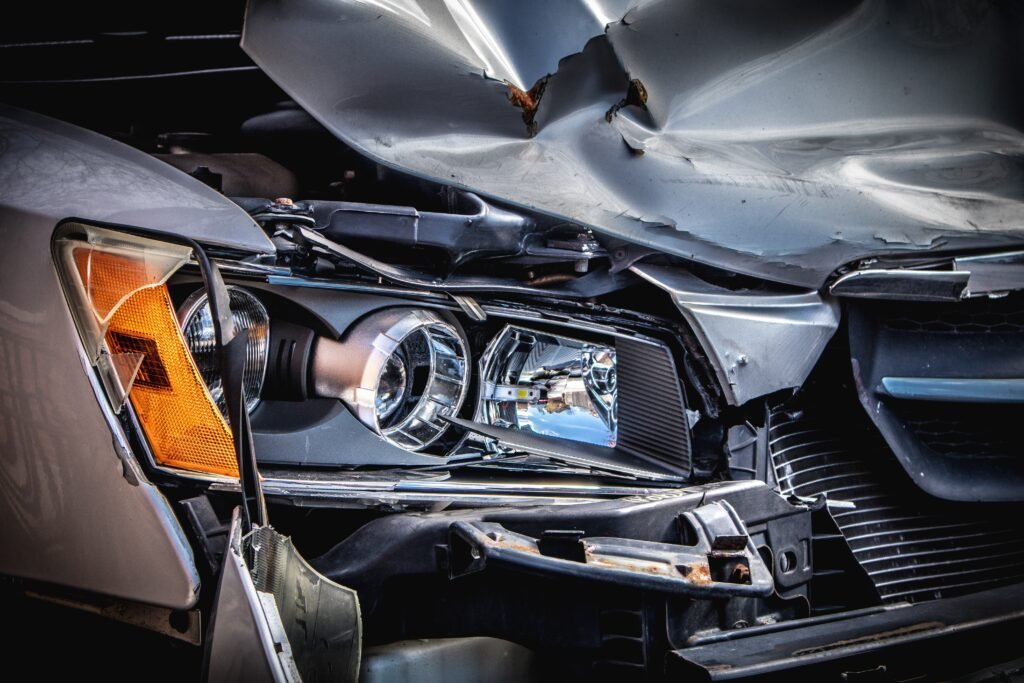
Getting into an accident is not a good experience, even at the best of times. It only becomes worse when fatalities are involved. Both in the moment and after the fact, such a thing may have you going through a lot of different emotions. For instance, you may have survivor’s guilt, feeling guilty that you survived instead of your loved one. This is not a logical sentiment, but a common one, nonetheless. One question that may arise, however, is whether a drunk driver can be sued for wrongful death in a fatal accident.
Can I sue a drunk driver for wrongful death in a fatal accident?
This question is an understandable one to have; after all, it cannot be denied that a drunk driver has limited inhibitions and awareness while driving. However, it is that very thing that makes the question an easy one to answer. When a person is under the influence of any psychoactive or inhibitor, they have no business being behind the wheel. It does not matter if they are driving while drunk, driving, while under the influence of marijuana, or even driving after having taken certain prescription drugs. If the user has reason to believe that consuming these substances would make them less able to drive safely, then they have an obligation to not drive. There may be extenuating circumstances involved in why that person was driving under the influence, but none that would undo or reduce the damage they caused by taking someone’s life. All they could potentially hope to do is use these extenuating circumstances to reduce criminal charges, which is not relevant to how much they may owe in a civil case.
Now, there are a number of damages that can be awarded in the event that your lawsuit against a drunk driver is successful. The main one is compensatory damages, and in a fatal accident, there will inevitably be such damages awarded. For instance, any funeral costs for the untimely death would be owed in this case, as well as any medical expenses that you had to cover. This would include medical expenses for the victim, your medical expenses, and anyone else’s medical expenses that were under your responsibility. A fatal accident may include a significant amount of property damage as well, which would also be covered under compensatory damages. This may include your home, yard, vehicle, and more. You may be able to sue a person for pain and suffering, although this is somewhat more complicated to prove than physical damages. In a fatal accident that involved a loved one, however, it should not be the most difficult thing to prove. Additional evidence that may be provided include citing your therapist (if you have one) to show that you have been suffering poor mental health following the victim’s death.
A rarer type of compensation that may arise is called punitive damages, although given the circumstances of such a fatal accident, such punitive damages may be more likely than in a different case. Punitive damages are typically awarded in cases where the defendant behaved in such an egregious manner that such a punishment was required. The court attempts to identify whether the defendant engaged in behavior that could be classified as either malicious, grossly negligent, or intentional. In the case of a drunk driver, any one of these (if not all of them) could be involved in some way or another. Driving under the influence is itself a grossly negligent act, and it could be argued that the defendant not taking care to call a taxi, Uber, or Lyft could constitute intentionality, as well as not having a designated driver assigned. Furthermore, while the act of driving under the influence may not be inherently malicious, an act committed while driving under the influence may be. For instance, the drunk driver may have engaged recklessly intentionally due to their lowered inhibitions, such as aggressive driving. Another factor that may come into play when deciding punitive damages is whether the defendant has a history of drunk driving, especially if fatal consequences were involved in the past. Punitive damages are capped at four times the value of compensatory damages, though in different circumstances, this may change.
One of the most common things to consider when it comes to fatal car accidents is how common alcohol-involved accidents occur. They are not nearly the majority of accidents, but it is common enough. In 1985, alcohol-involved accidents accounted for the highest percentage of fatalities than any year following it, with a total of 18,125 deaths (or 41 percent of all deaths). As the years have progressed, however, driving fatalities have been dropping, with only minor increases at times. In 2019, both the number (10,142) and the percentage (28 percent) were far lower for car accident deaths caused by drunk driving. While this is a lot of deaths regardless, it is a little heartening to know that things have gotten better with regard to drunk driving as well as following the rules of the road.
If a loved one had been the victim of a fatal car accident caused by a drunk driver, you should contact a Philadelphia wrongful death lawyer. You can get a consultation with one to examine the evidence available in your case. At this point, the attorney will determine whether your case has merit or not. If they decide to not take on your case, this may be for a variety of reasons. One, they may feel that the strength of evidence involved is not strong enough to win a case. Two, they may have a conflict of interests, and as such, could not reasonably take on your case and handle it fairly. Three, your case may be so complicated that this specific law firm may not be equipped to handle it. In any of these cases, they may help you find an attorney who is more equipped to handle your situation. If they do accept your case, they will then do some investigation themselves to help create a stronger case. This not only increases the likelihood that your case succeeds at trial, but also increases the likelihood of avoiding trial. Most car accident cases do not go to trial, even with a drunk driver involved. These lawsuits are typically handled as part of settlements. The stronger your case is, the more likely it is that the defendant will be pressured to settle. Of course, not all cases are settled out of court, so your lawyer should be able to handle it at trial as well.



